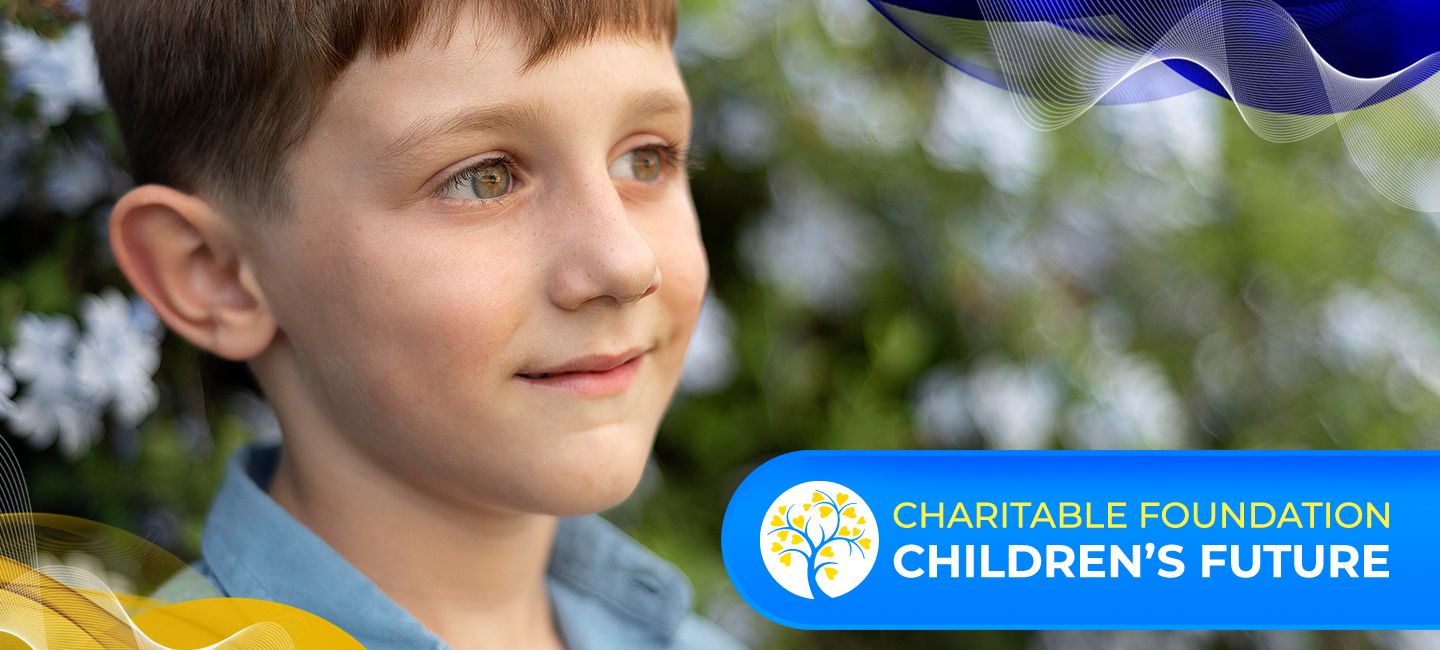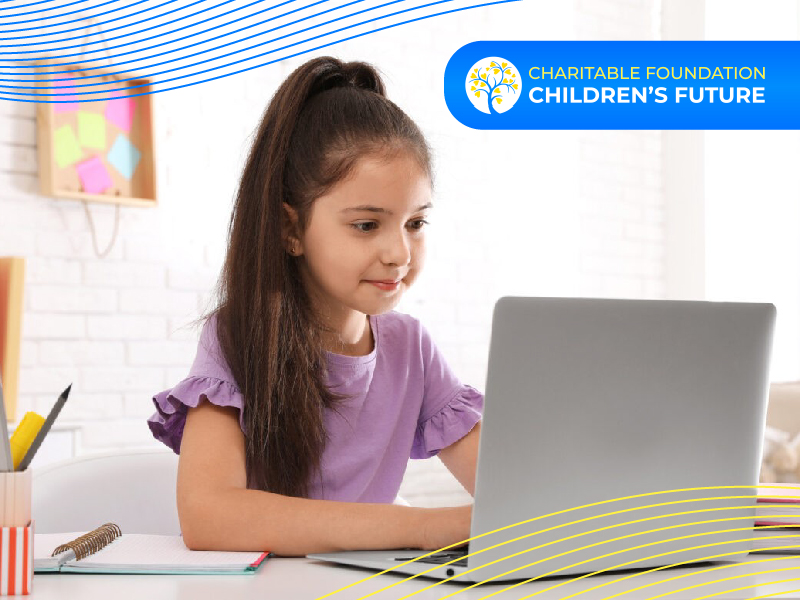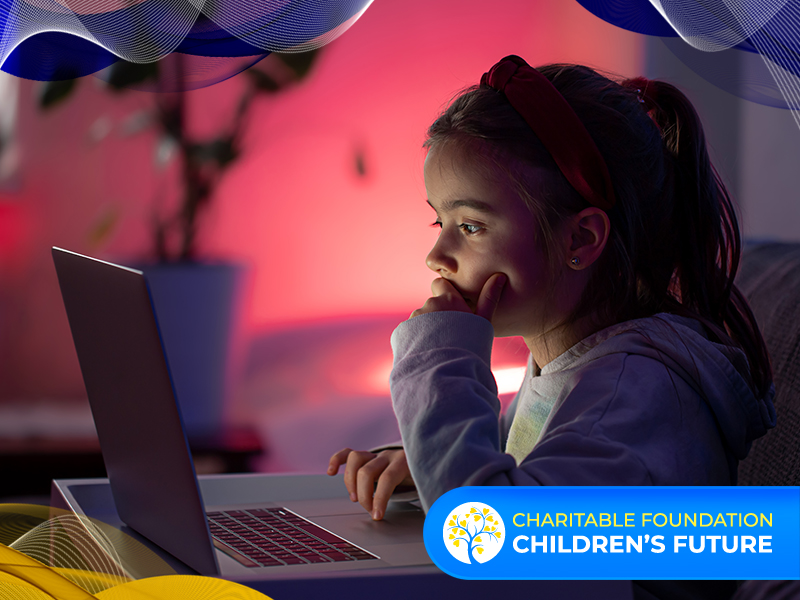Post-traumatic stress disorder (PTSD) in children manifests differently, but in any case, this issue requires special attention and understanding. A child who has experienced a traumatic
event needs support to grow into a healthy and emotionally resilient individual. In this post, we will discuss how to react to PTSD in children and what assistance to provide.
What is Post-Traumatic Stress Disorder?
PTSD in children is a complex condition that arises after experiencing a traumatic event. This disorder can result from various situations: parental divorce, war, loss of loved ones, violence, natural disasters, and so on. It is important to understand that the symptoms of PTSD in children do not always manifest immediately. They may appear weeks or even months after the traumatic incident. Therefore, parents should be particularly attentive to changes in their child's behavior. Under no circumstances should problems be ignored or considered childish whims or just a phase of development. Sometimes the need for support and understanding is hidden in these signals, so adults need to make every effort to help children enjoy their carefree childhood again.
How to Help Children Cope with PTSD?
1. Communicate openly with the child
Have a calm conversation with the child about what happened. Listen to them, try to understand their feelings. Do not pressure them, but give them the opportunity to express their emotions freely, even if it is difficult. Assure the child that the situation is not their fault. By listening carefully, you can identify how PTSD affects their life.
2. Create a safe environment
It is important to restore a sense of safety to children with PTSD. Provide calmness and stability in their surroundings. Ensure a clear daily routine, regular daily activities, and specific rituals that help restore lost stability. Avoid discussing tragedies and problems in front of children, monitor what they read and watch on the internet. Try not to mention the negative experience unnecessarily, but if the child initiates a conversation, be ready to engage in an open dialogue.
3. Use therapeutic methods
Art therapy, music therapy, or games often help express emotions that are difficult to put into words. PTSD in children requires the use of various methods to find the one that will help overcome emotional stress
4. Develop self-regulation strategies
Teach the child simple self-regulation strategies to cope with PTSD. For example, try practicing deep breathing together. Explain how to identify emotions correctly and describe them in words. Explain that these techniques can be used in any stressful situation, as they help quickly restore psychological balance.
5. Spend active time together
Involve the child in various activities: walks, sports, dance classes, etc. Regular workouts or outdoor games are a great way to not only physically but also emotionally relieve stress. The main condition for successful PTSD recovery is that the activities should be enjoyable for the child.
6. Engage children in activities
Assign the child simple tasks and responsibilities within their capabilities to promote independence. This could include tidying up their room, preparing light meals, or taking care of pets. Encourage the child to participate in social events or volunteer projects. Active involvement in community life can be a source of positive experiences and help forget about the problems associated with PTSD in children.
Education as a Way to Overcome PTSD
Quality education promotes psychological harmony in children and becomes an important tool in combating PTSD. Some students, for various reasons, cannot attend regular educational institutions. The Charitable Foundation "Children's Future" provides scholarships for free education at the "Optima" distance school. A child can join classes from anywhere in the world, at any time, using individually tailored materials that take into account their personal needs and perception features.
Apply for scholarships for children with PTSD or make a charitable contribution to support our initiative. Together, we can help young Ukrainians receive quality education, find new opportunities for their mental recovery and development.

















